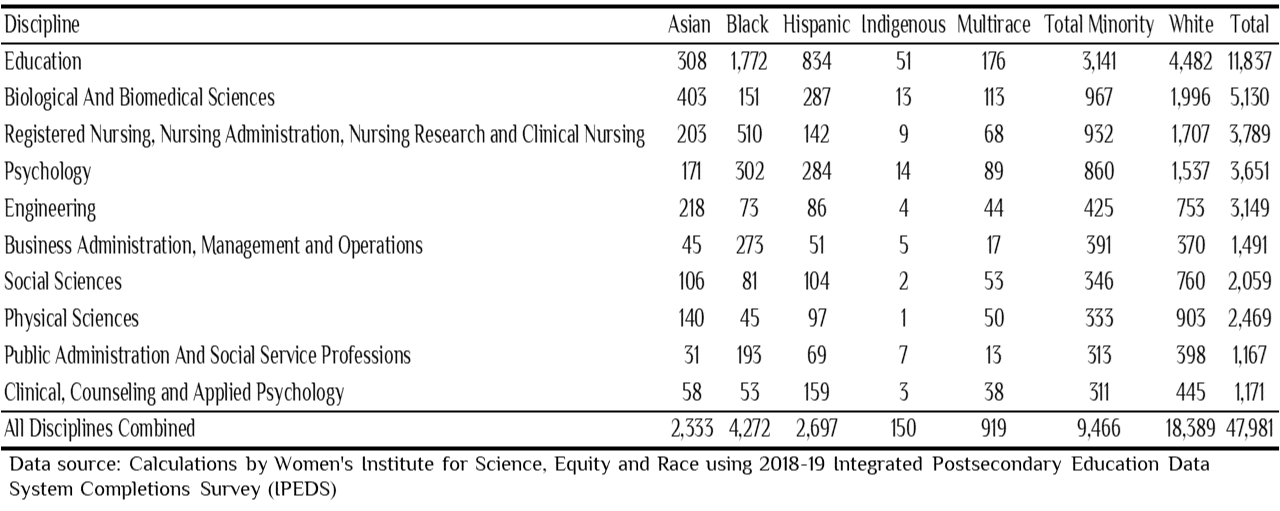I have been a bit perplexed about the response to Joseph Epstein’s op-ed suggesting the following:
“As for your Ed.D., Madame First Lady, hard-earned though it may have been, please consider stowing it, at least in public, at least for now. Forget the small thrill of being Dr. Jill and settle for the larger thrill of living for the next four years in the best public housing in the world as First Lady Jill Biden.”
“Is there a doctor in the house?” is a question I have often asked myself.
When I was a graduate student, a male student called Dr. Cecilia Conrad, my dissertation advisor, Ms. Conrad. “What did you call her? “I thought to myself. It prompted me to look at an old print version of Emily Post, which said only those in the medical profession should be addressed as doctors.
When I got my first academic job (Columbia University and Barnard College), the students called me Professor Sharpe. As a postdoctoral fellow at the University of North Carolina Chapel Hill, I was called Dr. Sharpe. As a faculty member, I have been addressed as Dr. Sharpe in the south and Professor Sharpe in the north.
In my social life, I am indifferent about being addressed as Dr. Sharpe. However, in the classroom and academic settings, I ask that people be consistent. If you call men “Dr. X,” then call me “Dr. X.”
It is the lack of consistency to women not being called “Dr.” that I find hypocritical.
The New York Times refers to Heather Boushey, Ph.D., Cecilia Rouse, Ph.D., and Janet Yellen, Ph.D., as Ms. Boushey, Ms. Rouse, and Ms. Yellen.
The New York Times policy states,
Who’s a Dr.?
Our continued use of courtesy titles — increasingly rare in the news media — prompts many questions. Rules on the use of “Dr.” in particular can lead to confusion, for readers and unfortunately sometimes for our writers. Here’s our stylebook entry:Dr. should be used in all references for physicians and dentists whose practice is their primary current occupation, or who work in a closely related field, like medical writing, research or pharmaceutical manufacturing: Dr. Alex E. Baranek; Dr. Baranek; the doctor. (Those who practice only incidentally, or not at all, should be called Mr., Ms., Miss or Mrs.)
Anyone else with an earned doctorate, like a Ph.D. degree, may request the title, but only if it is germane to the holder’s primary current occupation (academic, for example, or laboratory research). For a Ph.D., the title should appear only in second and later references. The holder of a Ph.D. or equivalent degree may also choose not to use the title.
Do not use the title for someone whose doctorate is honorary.
For some, Mr. Epstein’s op-ed tone not only diminished the accomplishment of Dr. Jill Biden but also the achievement of thousands of women who hold doctorates (Seet Table 1). For others, the op-ed illustrates the covert bias against Black women cloaked in conversations about women.
Table 1. Top 10 Doctorates Conferred to Women Academic Year 2018-19
Mr. Epstein’s op-ed is a reminder of the bias against women who are highly educated. It is also are a reminder to acknowledge that the person with the “Dr.” is not always the most knowledgeable. When I am a panelist for diversity, equity, and inclusion, I ask that Dr. not be used to introduce me. I do this, so the audience will not presume I am the expert.
But there are spaces where Dr. means you are the expert. As more COVID-19 vaccines become available, doctors will have not only a responsibility, but an obligation, to explain the effects of the vaccine in a manner that builds trust with Asian, Black, Hispanic, Indigenous, and multiracial women. I spoke about the importance of speaking so patients can understand in my interview about the COVID-19 vaccine last week.
Be well,
Rhonda


